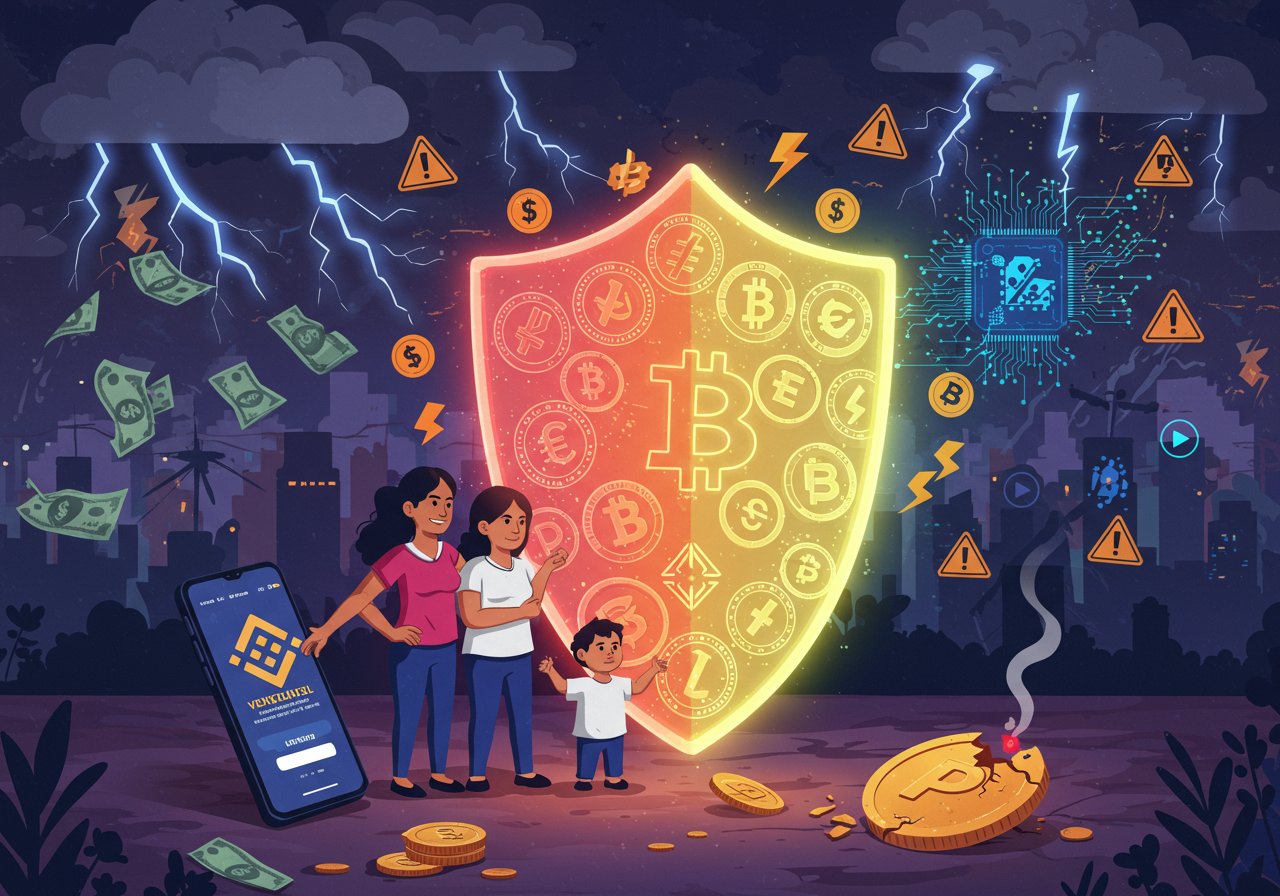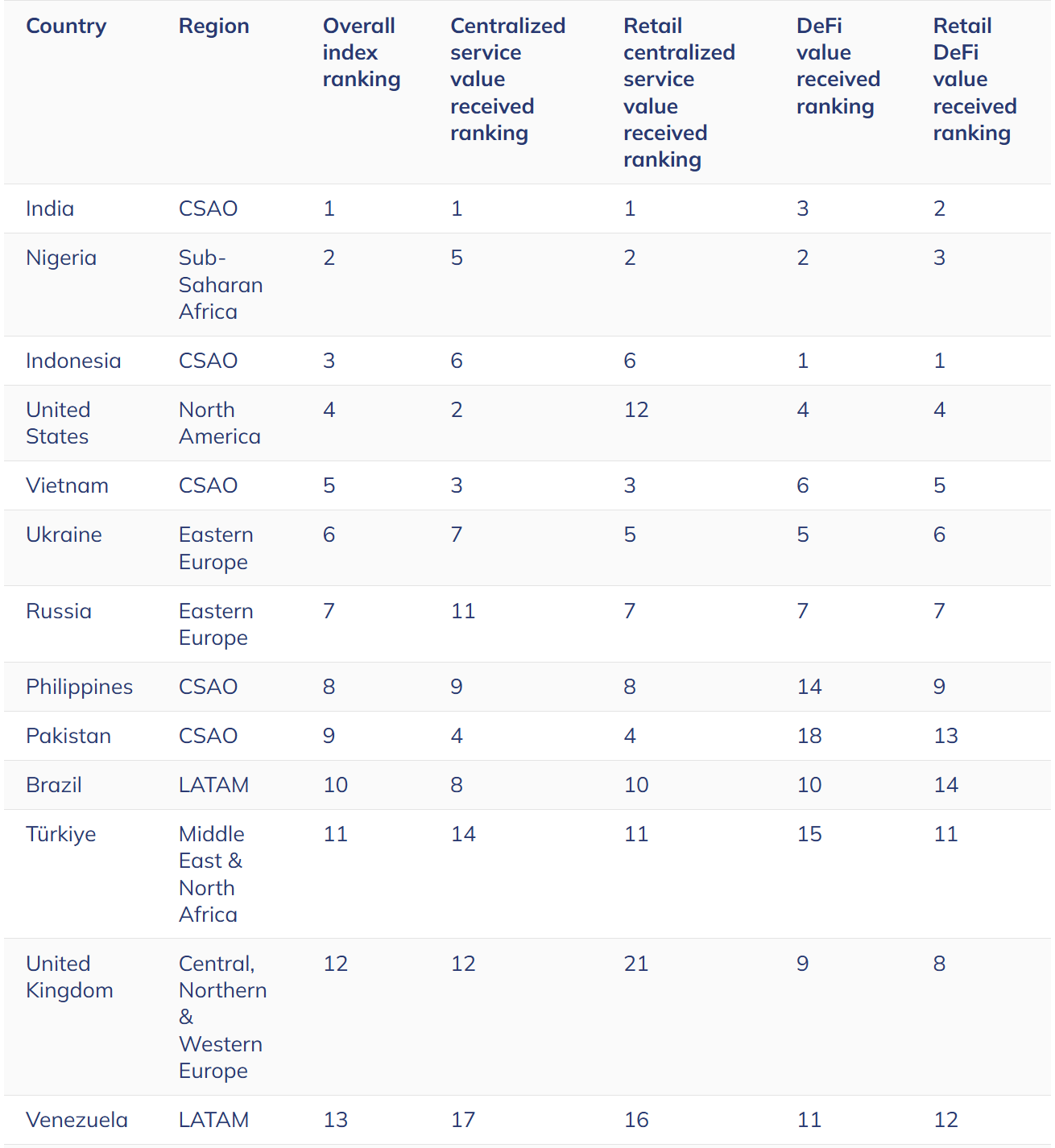
Venezuela‘s Crypto Embrace: A Necessity Born of Crisis
The economic landscape of Venezuela is undergoing a dramatic transformation, fueled by relentless inflation and the freefall of the national currency, the Bolívar. In the face of these challenges, cryptocurrencies are emerging not just as an investment opportunity, but as a fundamental component of daily life. From purchasing groceries to paying employees, digital assets are becoming increasingly integrated into the Venezuelan economy, offering a lifeline to citizens navigating turbulent financial waters.
Inflation‘s Grip and the Crypto Haven
The situation in Venezuela is dire. Inflation, reaching a staggering 229% in May, has eroded the purchasing power of the Bolívar, forcing people to seek alternative stores of value. Cryptocurrencies, especially stablecoins pegged to the US dollar like USDT, provide a much-needed shield against this economic onslaught. The government’s inability to stabilize the currency has accelerated this trend, with the Bolívar losing over 70% of its value since October. This financial instability is pushing Venezuelans towards digital assets for survival.
From Retail to Remittances: Crypto’s Ubiquitous Presence
The impact of crypto adoption is visible across various sectors. According to the Chainalysis 2024 Crypto Adoption Index, Venezuela ranks 13th globally, with usage increasing by a remarkable 110% in the past year. Businesses, from small family stores to large retail chains, are embracing crypto payments through platforms like Binance and Airtm. Some businesses even opt to pay their employees in stablecoins, seeking to protect their workers from the Bolívar’s devaluation. Universities are also stepping in, offering courses dedicated to digital assets, indicating a growing awareness and acceptance of this technology.

Remittances as a Lifeline and the Role of Sanctions
Crypto remittances have become a crucial financial artery, keeping families afloat. Digital assets constituted 9% of the $5.4 billion in remittances sent home in 2023, translating to about $461 million. This is a stark contrast to traditional services like Western Union, often burdened by high fees, delays, and currency shortages. However, the path to crypto adoption isn’t without its hurdles. US sanctions on Venezuela‘s financial sector have prompted Binance to restrict services tied to sanctioned entities, and connectivity issues present another challenge.
Government Stance and the Future
The government’s approach to cryptocurrencies has been inconsistent. The launch of the petro, Venezuela’s own digital currency, in 2018, ended in collapse. The country’s main exchange regulator was shut down last year due to corruption allegations. Despite these challenges, the ecosystem is resilient, and the trend towards crypto adoption continues, driven by necessity and a desire for economic security. The future of crypto in Venezuela hinges on several factors, including the stability of global crypto markets, the evolving regulatory landscape, and the ongoing economic crisis. For Venezuelans, crypto represents not just an investment, but a potential escape from the relentless pressures of economic hardship.


